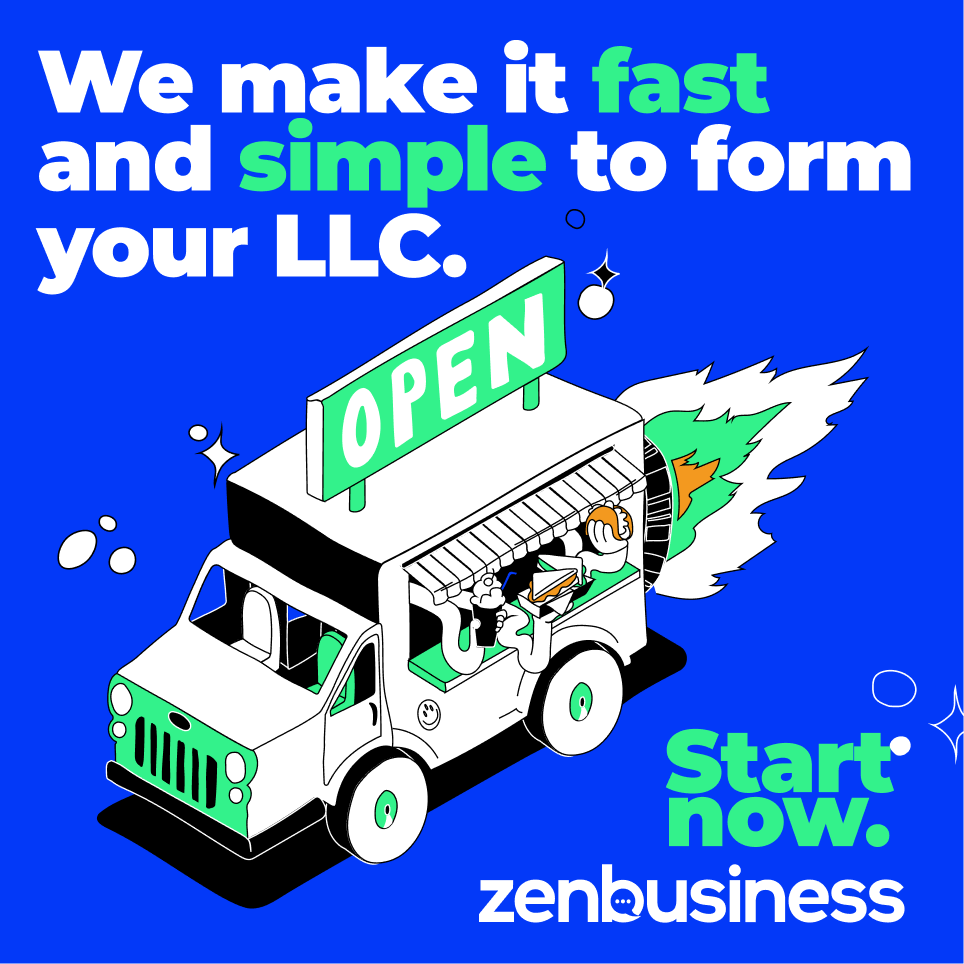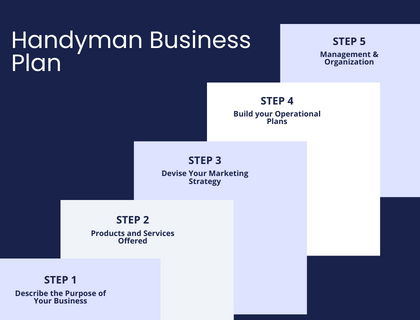How to Write a Insurance Broker Business Plan in 7 Steps:
The first step to writing your business plan is to describe the purpose of your insurance broker business. This includes describing why you are starting this type of business, and what problems it will solve for customers. This is a quick way to get your mind thinking about the customers’ problems. It also helps you identify what makes your business different from others in its industry.
It also helps to include a vision statement so that readers can understand what type of company you want to build.
Here is an example of a purpose mission statement for a insurance broker business:
Our mission is to provide our clients with personalized insurance solutions that meet their individual needs in a knowledgeable, reliable, and friendly manner. We strive to be a trusted partner, delivering the best customer experience each and every time. We are committed to building strong relationships with our customers while helping them protect their assets, families, and future.
Form your business in minutes and get up in running with one of the most trusted business formation services, ZenBusiness.

The next step is to outline your products and services for your insurance broker business.
When you think about the products and services that you offer, it's helpful to ask yourself the following questions:
- What is my business?
- What are the products and/or services that I offer?
- Why am I offering these particular products and/or services?
- How do I differentiate myself from competitors with similar offerings?
- How will I market my products and services?
You may want to do a comparison of your business plan against those of other competitors in the area, or even with online reviews. This way, you can find out what people like about them and what they don’t like, so that you can either improve upon their offerings or avoid doing so altogether.
Let the experts at Zenbusiness help you decide which permits and licenses you need to start your business.

If you don't have a marketing plan for your insurance broker business, it's time to write one. Your marketing plan should be part of your business plan and be a roadmap to your goals.
A good marketing plan for your insurance broker business includes the following elements:
Target market
- Who is your target market?
- What do these customers have in common?
- How many of them are there?
- How can you best reach them with your message or product?
Customer base
- Who are your current customers?
- Where did they come from (i.e., referrals)?
- How can their experience with your insurance broker business help make them repeat customers, consumers, visitors, subscribers, or advocates for other people in their network or industry who might also benefit from using this service, product, or brand?
Product or service description
- How does it work, what features does it have, and what are its benefits?
- Can anyone use this product or service regardless of age or gender?
- Can anyone visually see themselves using this product or service?
- How will they feel when they do so? If so, how long will the feeling last after purchasing (or trying) the product/service for the first time?
Competitive analysis
- Which companies are competing with yours today (and why)?
- Which ones may enter into competition with yours tomorrow if they find out about it now through word-of-mouth advertising; social media networks; friends' recommendations; etc.)
- What specific advantages does each competitor offer over yours currently?
Marketing channels
- Which marketing channel do you intend to leverage to attract new customers?
- What is your estimated marketing budget needed?
- What is the projected cost to acquire a new customer?
- How many of your customers do you instead will return?
Form an LLC in your state!
Next, you'll need to build your operational plan. This section describes the type of business you'll be running, and includes the steps involved in your operations.
In it, you should list:
- The equipment and facilities needed
- Who will be involved in the business (employees, contractors)
- Financial requirements for each step
- Milestones & KPIs
- Location of your business
- Zoning & permits required for the business
What equipment, supplies, or permits are needed to run a insurance broker business?
- Business license
- General liability insurance
- Insurance broker license
- Computer with internet access
- Phone and fax machine
- Prepaid legal plan subscription
- Marketing materials (brochures, business cards, etc.)
- Accounting software for tracking client information and bookkeeping
Form an LLC in your state!
The second part of your insurance broker business plan is to develop a management and organization section.
This section will cover all of the following:
- How many employees you need in order to run your insurance broker business. This should include the roles they will play (for example, one person may be responsible for managing administrative duties while another might be in charge of customer service).
- The structure of your management team. The higher-ups like yourself should be able to delegate tasks through lower-level managers who are directly responsible for their given department (inventory and sales, etc.).
- How you’re going to make sure that everyone on board is doing their job well. You’ll want check-ins with employees regularly so they have time to ask questions or voice concerns if needed; this also gives you time to offer support where necessary while staying informed on how things are going within individual departments too!
Form your business in minutes and get up in running with one of the most trusted business formation services, ZenBusiness.

This section should be broken down by month and year. If you are still in the planning stage of your business, it may be helpful to estimate how much money will be needed each month until you reach profitability.
Typically, expenses for your business can be broken into a few basic categories:
Startup Costs
Startup costs are typically the first expenses you will incur when beginning an enterprise. These include legal fees, accounting expenses, and other costs associated with getting your business off the ground. The amount of money needed to start a insurance broker business varies based on many different variables, but below are a few different types of startup costs for a insurance broker business.
Running & Operating Costs
Running costs refer to ongoing expenses related directly with operating your business over time like electricity bills or salaries paid out each month. These types of expenses will vary greatly depending on multiple variables such as location, team size, utility costs, etc.
Marketing & Sales Expenses
You should include any costs associated with marketing and sales, such as advertising and promotions, website design or maintenance. Also, consider any additional expenses that may be incurred if you decide to launch a new product or service line. For example, if your insurance broker business has an existing website that needs an upgrade in order to sell more products or services, then this should be listed here.
A financial plan is an important part of any business plan, as it outlines how the business will generate revenue and profit, and how it will use that profit to grow and sustain itself. To devise a financial plan for your insurance broker business, you will need to consider a number of factors, including your start-up costs, operating costs, projected revenue, and expenses.
Here are some steps you can follow to devise a financial plan for your insurance broker business plan:
- Determine your start-up costs: This will include the cost of purchasing or leasing the space where you will operate your business, as well as the cost of buying or leasing any equipment or supplies that you need to start the business.
- Estimate your operating costs: Operating costs will include utilities, such as electricity, gas, and water, as well as labor costs for employees, if any, and the cost of purchasing any materials or supplies that you will need to run your business.
- Project your revenue: To project your revenue, you will need to consider the number of customers you expect to have and the average amount they will spend on each visit. You can use this information to estimate how much money you will make from selling your products or services.
- Estimate your expenses: In addition to your operating costs, you will need to consider other expenses, such as insurance, marketing, and maintenance. You will also need to set aside money for taxes and other fees.
- Create a budget: Once you have estimated your start-up costs, operating costs, revenue, and expenses, you can use this information to create a budget for your business. This will help you to see how much money you will need to start the business, and how much profit you can expect to make.
- Develop a plan for using your profit: Finally, you will need to decide how you will use your profit to grow and sustain your business. This might include investing in new equipment, expanding the business, or saving for a rainy day.
Let the experts at Zenbusiness help you decide which permits and licenses you need to start your business.




.gif)













